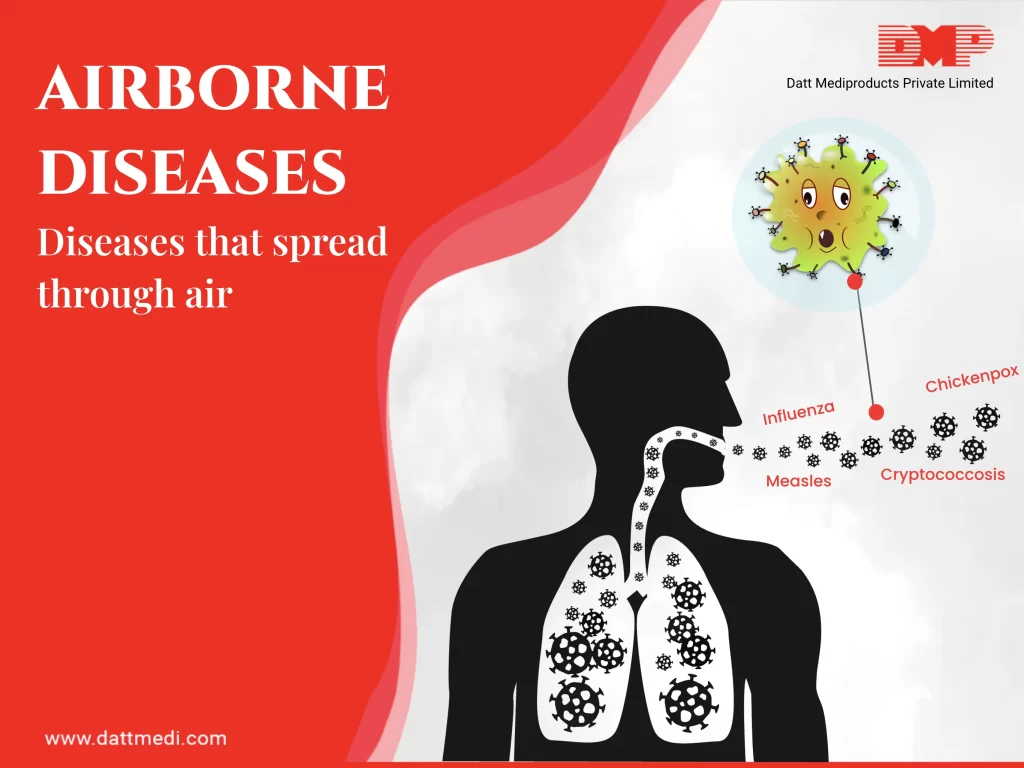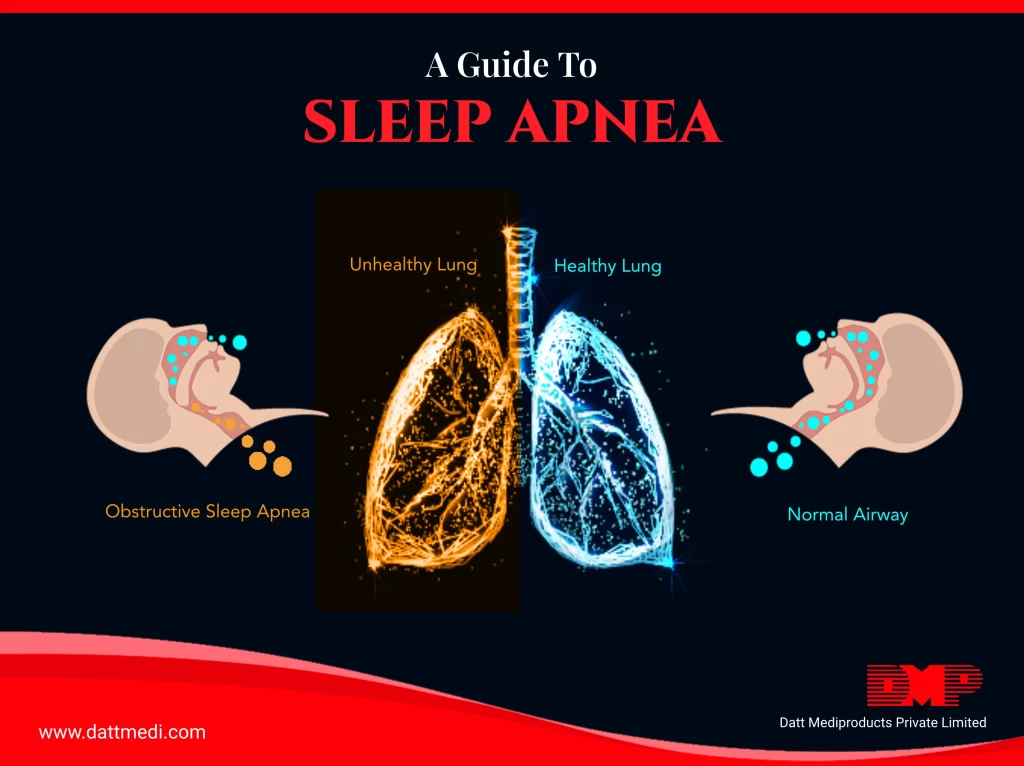
The ongoing Covid pandemic seems like a Sci-Fi thriller movie that we all have been living through. This pandemic outbreak and ensuing lockdown measures have taken a toll on the mental health of everyone. When life gets stressful, one thing that gets sacrificed is “Self-Care”.
We can’t manage the outside world, but what we can do is practice self-care to give ourselves the comfort we all need. In our last blog on Self-care we discussed what self-care is and its importance in life. In this blog, we are going to discuss some ways to practice self-care during the lockdown.
MAKE A DAILY ROUTINE STRUCTURE:
Maintain and follow a daily routine of good habits. In the current challenging times, it’s important to keep hold of the important qualities. Try to observe a healthy routine of morning activities, bedtime, eating schedule, and work-life balance.
DEAL WITH UNWANTED THOUGHTS:
It’s not always about the physical self, mental care is essential too. Stay on top of your feelings and it’s okay to experience any unwanted thoughts during the lockdown. Do not hesitate to share what you feel with your dear ones and get professional support if you are really struggling.
STAY CONNECTED WITH DEAR ONES:
Most of us live in a world surrounded by people we don’t know. Keeping in touch with family and friends is indispensable, especially with the ones who live alone and the elderly to make them know that you are thinking of them.
SLEEP:
Sleep works wonders in dual ways. It not only recharges your outer self; it rejuvenates your mind too. Try to have a regular and healthy sleeping pattern. Leave your electronic items aside at least 30 minutes before sleeping and make your bed a no electronic zone.
TAKE REST:
Taking rest does not always mean sleeping. Sometimes it’s sitting in a garden or your balcony to see clouds float by, chatting with friends, watching children playing, or just enjoying a good book or music. It’s not about resting your physical self; your brain needs a rest too from the modern online world.
SWEAT IT OUT:
Stick to a regular exercise routine, set goals, and work towards achieving the same. Be it any exercise, it does help to boost your mental health, in addition to making you physically fit.
THE WORRY TREE:
National Health Services UK defines “The Worry Tree” as a path which aids you to stop dwelling on things that can’t be controlled and assist you to refocus your mind on the choices which can be controlled. It’s important to keep the mantra in mind “It’s always OK to ask for help if you need it”.
USE SOCIAL MEDIA WISELY:
When cooped up during covid pandemic, many of us clock some serious length of hours online. Following celebrities, influencers and being affected by their picture-perfect lives impose some significant impacts on our lives. It’s better to avoid getting stressed out by limiting the hours you spend online. Read our last blog “Screen Time vs. Mental Health” to go through their relation both positive and negative.
HAVE FUN:
The best way to take care of yourself is to have fun. Explore your creative side, learn something new you have been thinking about for a long time, listen to your favourite numbers, pursue a hobby, dance freely, sing loudly, reconnect with the simplest of pleasures and make time for laughter.
We understand that at the macro-level, authorities can take several health measures followed by economic reforms, resumption of transport, and other everyday life activities.
At the micro-level, people need support as they battle with their inner self, conflicts, worries, losses, etc. This blog may help those in isolation; both personal & interpersonal lives.
Take time to do what makes your soul happy.
After all, you’ve got to nourish to flourish.




